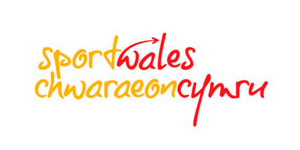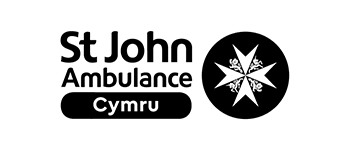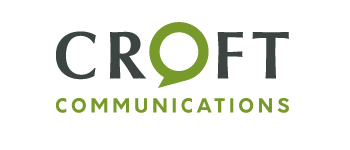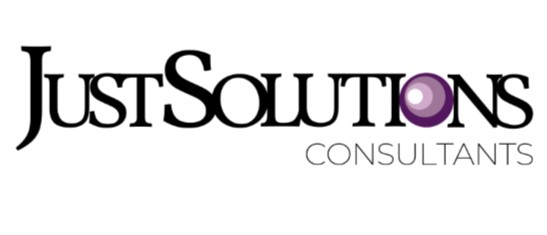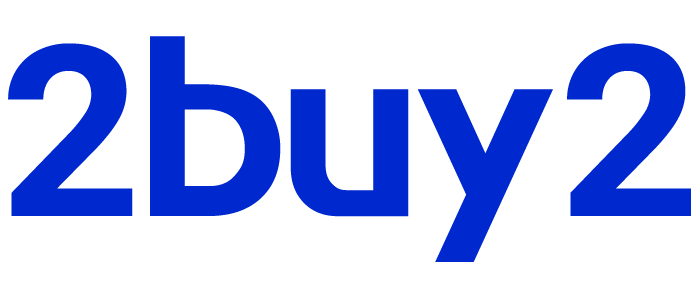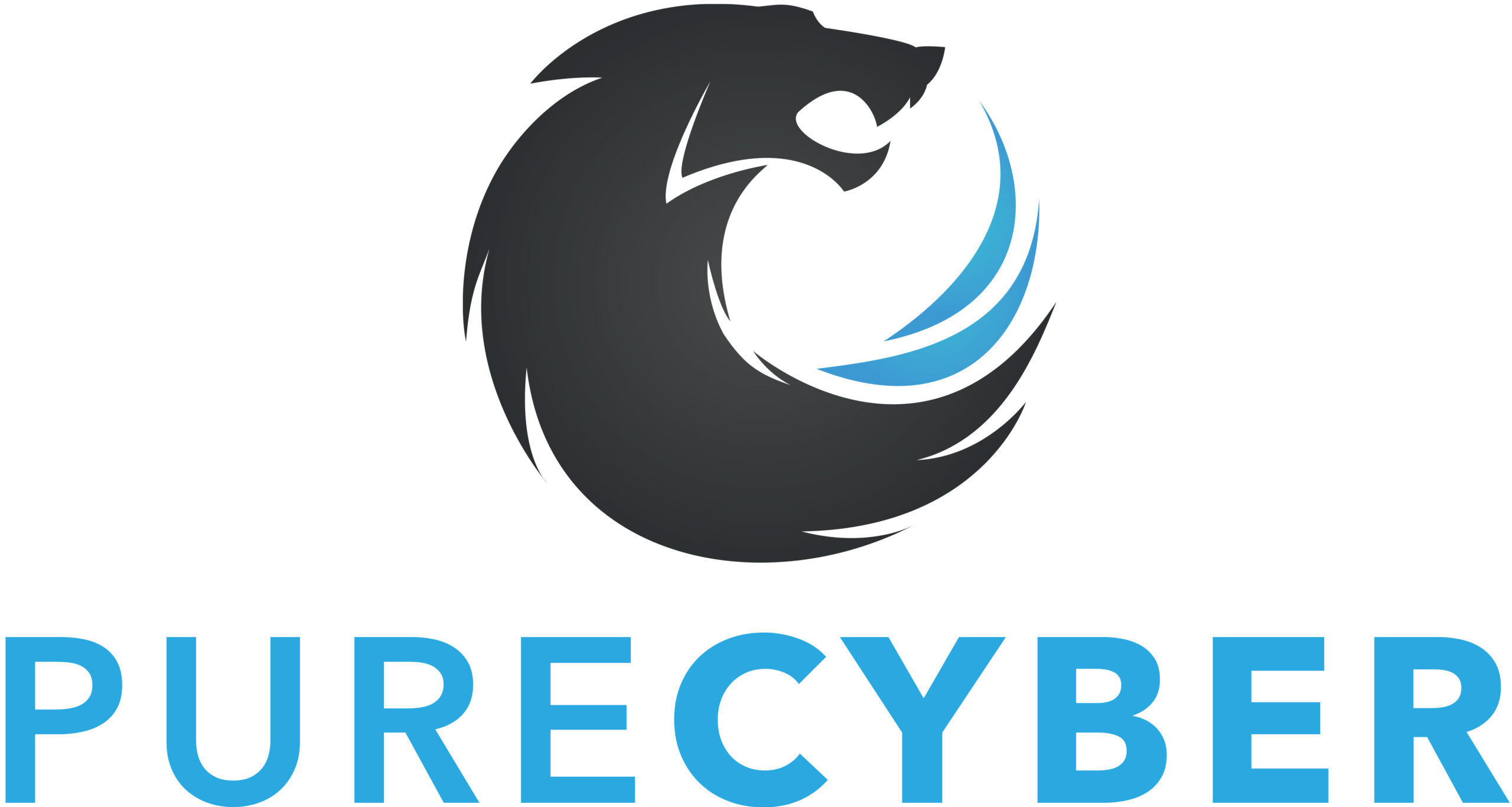DBS Checks for Sports Coaches
Most sports coaches will at some point come across the subject of DBS checks. Being asked to undergo a DBS check does not mean you are suspected of anything – it is a standard procedure for anyone who’s role involves regular contact with children or vulnerable adults, and in many cases an organisation employing a sports coach, will have a legal duty to go through this process. This guide is aimed at helping sports coaches understand what DBS checks are; how and when to apply for a DBS check; and what your responsibilities are when it comes to this important safeguarding tool.
DBS overview for Sports Coaches
Simply put, a DBS check is a record of a person’s criminal convictions and cautions – carried out by the Disclosure and Barring Service. There are three levels of DBS checks that are available, which are;
- Basic Disclosure: A ‘basic’ check will search for any unspent criminal convictions.
- Standard DBS: As well as criminal convictions, a standard check will look for any cautions, warnings, or reprimands against an individual.
- Enhanced DBS: An enhanced check will contain the same details as a standard certificate and, if the role is eligible, an employer can request that one or both of the DBS barred lists are checked. The certificate may also contain non-conviction information supplied by relevant police forces if it is deemed relevant and ought to be contained in the certificate.
A standard or enhanced DBS will be subject to ‘filtering’ rules. Certain old or minor offences, i.e. ‘protected’ offences, will not be disclosed on a certificate, whilst there are other ‘specified’ offences that will always be disclosed on a standard/enhanced DBS certificate. Specified offences are usually of a serious nature or are relevant for safeguarding children or vulnerable adults. Detailed guidance on exactly what criminal records will be disclosed on a DBS certificate can be found here.
Having a conviction, caution, warning, or reprimand disclosed on a DBS certificate will not automatically prohibit an individual from working with children or vulnerable adults (unless these are barring offences, see below). It will be for the organisation hiring that person to decide, based on the results of the DBS check, whether they pose a present or future risk of harm to the vulnerable group in their role. It is also worth noting that during the recruitment or DBS application process, the organisation (e.g., club) can only ask someone to provide details of convictions and cautions that they are legally entitled to know about, i.e. offences that are not ‘protected’.
I’m a sports coach, how do I obtain a DBS check?
The nature of a sports coach’s work will mean that they will almost certainly require an enhanced DBS check. Unlike for basic DBS checks, individuals cannot apply for an enhanced DBS check themselves, rather it is for an organisation to submit the application on their behalf – however you as the coach will still need to complete the application form, before it is submitted and provide the relevant identification documents.
A national governing body, facility, sports club or team should, in most cases, have a system in place for ensuring all coaches and volunteers have the necessary background checks in place as part of their recruitment and safeguarding procedures. The club may even have a dedicated welfare or safeguarding officer to guide you through the process. Until your DBS form comes through, you might be restricted in the type of work you do, particularly if your role involves a ‘regulated activity’, discussed below.
An umbrella organisation, such as a governing body, or some alternative regulatory bodies, can apply for an enhanced DBS on a coach’s behalf. Alternatively, in some instances, your local council may be able to help you apply. If you are a freelance coach, we would encourage you to speak to your governing body (if applicable), local authority, facility provider, or the Welsh Sports Association (WSA) to obtain an enhanced check and for guidance.
DBS check eligibility for a sports coach
If you are a coach who is working for, or have applied to work for a sports club/organisation, they will be responsible for determining whether you are eligible for a DBS check and at what level. However, it is still worth familiarising yourself with the eligibility rules regarding DBS – as you will also have certain legal responsibilities with regards to seeking work that involves contact with vulnerable groups.
A coach’s eligibility for an enhanced DBS check will depend on what your role involves, who you are working with, and how often and where the role is performed, and whether you are supervised. Individuals who work in certain specified establishments, such as schools, nurseries and children’s homes will typically be automatically eligible for enhanced DBS checks and a search of the children’s barred list. If you are not working in a specified establishment on a regular basis, your eligibility for an enhanced DBS checks will depend on whether you are taking part in a ‘regulated activity’.
When working with children you will be engaging in a regulated activity if your role involves unsupervised teaching, instructing, coaching, training, supervising, caring, or driving a vehicle only for the children. The activity can also include giving advice or guidance to children relating to their physical, emotional, or educational wellbeing. Anyone undertaking these activities must undergo an enhanced DBS check and a search of the children’s barred list, subject to frequency requirements being satisfied (discussed below).
Full details on what counts as a regulated activity with children can be found at the Department of Education here. There is also a DBS eligibility tool on the Government’s website which you may find useful.
DBS Barred Lists
There are certain roles where it is legally required that an individual obtain an enhanced DBS certificate and a search of the children’s and/or adults’ barred list.
Both barred lists are managed by DBS, and when they are required, the barred list information will be included in the enhanced disclosure certificate. An individual can find themselves on a barred list if, based on relevant convictions, cautions or other relevant information (i.e. evidence of inappropriate behaviour), they are deemed to pose a present or future risk of harm to vulnerable groups. An individual who is on a barred list will be breaking the law if they seek work in a regulated activity with the group from which they are barred from working with – an offence that is punishable with up to 5 years imprisonment and/or a fine.
Exceptions
In most cases, if your coaching role brings you into unsupervised contact with children then you can reasonably expect to be taking part in a regulated activity – and so will be eligible for an enhanced DBS check with a mandatory search of the children’s barred list. However, there are certain scenarios where your role may not fall within the legal definition of a regulated activity.
The ‘peer exemption’ applies where an activity is carried out by a person in a group assisting or acting on behalf of, or under direction of, another person engaging in regulated activity. For example, if you are an assistant coach working under the supervision of a head coach – it is the head coach who is performing the regulated activity and who will require an enhanced DBS check and a search of the barred list. However, this will vary, and each situation should be assessed individually. If you are an assistant coach but are not supervised at every stage of your activity, you will have supervisory responsibility for the protection of the players. This is particularly the case where an assistant coach takes a training session by themselves – in which case they must have a barred list check.
For an activity to be classed as a regulated activity it may also need to meet the frequency or ‘period’ condition. There are certain activities that only need to be carried out once to be classed as a regulated activity, for example providing physical help with toileting, washing, or dressing because the child needs it due to age, illness or disability. For other activities, such as teaching, training or supervising children, they must be carried out more than 3 days in a 30 day period or overnight (between 2am-6am with the opportunity for face-to-face contact with children) to be classed as a regulated activity.
It is important to note that even if your role does not meet the frequency requirement for a regulated activity – you may still be eligible for an enhanced DBS check, but without a search of the barred list.
Coaching adults – do I require a DBS check?
The rules surrounding the safeguarding of adults (i.e. persons over the age of 18) differ from that of children in a number of ways, such as a different set of governing laws and types of abuse being prevented (e.g. financial or coercive control). Establishing DBS eligibility if you are coaching adults can be more difficult. We recommend that you familiarise yourself with some of the detailed guidance provided by DBS, which can be found here.
As is the case when working with children, eligibility for DBS may depend on whether the services provided are regulated activities. A regulated activity when working with adults could include providing health care by or under the direction/supervision of a regulated healthcare professional. A club doctor/nurse/physiotherapist, for example, will require an enhanced DBS check and search of the adults barred list.
Outside of regulated activities – a sports coach may be eligible for a higher level DBS check if they are working closely with ‘vulnerable adults’. The DBS definition of a ‘vulnerable adult’ is based on the activities and services required by the adult, rather than any personal characteristics they might have. In a sports context this could include;
- Teaching, advising or guiding adults who are in receipt of health and social care (e.g. coaching);
- Carrying out a role with specific responsibility for caring for or supervising adults in receipt of social care;
- Driving adults (e.g. to training/matches). This is applicable even if the adult is accompanied by someone caring for them – but does not include any personal arrangements made between the adult or their family/friends.
If any of these activities are performed specifically for adults who are in receipt of healthcare, care or assistance because of their age, illness, or disability, then you may be eligible for an enhanced DBS check without an adults barred list check. In these circumstances however the frequency and period condition requirements do apply, and so the role will need to be carried out on more than 3 days in a 30-day period, overnight or at least once a week on an ongoing basis.
A hypothetical example may be if you are coaching an adults’ football team set up specifically for blind people. If it can be reasonably expected that most of the adults are receiving a health or social care service and your role is carried out frequently enough, you would likely be eligible for an enhanced check.
In situations where children and adults are mixed in a coaching session, the question should be whether it can be reasonably anticipated that children are likely to be part of the activity. In doing so, an organisation may ask themselves;
- Have children been a part of the team during the previous season?
- Have children registered to join the team for the forthcoming season?
If the answer to one or both questions is ‘yes’, it may then need to be considered whether those children are in a regulated activity for the purpose of DBS checks.
The Ann Craft Trust have created a very useful flowchart to help identify eligibility when working with adults.
Welsh Sports Association Safeguarding & DBS Checking Service
The WSA have been offering a full range of DBS checks, via its trading arm Vibrant Nation since 2016 and is the only bilingual DBS checking service in Wales. The WSA offer a very competitively priced service, with members also benefiting from a discounted rate. The DBS service is not run for profit, meaning that the money generated is invested back into services for sport and physical activity. The service is available to members and non-members and is accompanied by a bi-lingual helpline service to support organisations through the DBS process.
If you are not currently utilising the WSA’s DBS service, please complete a non-obligation pre-registration application here and a member of the team will be in touch. If you’re not a WSA member, and even if you’re not involved in sport or physical activity, you are still more than welcome to utilise the bilingual DBS checking services available, we have numerous charities and third sector organisations across the UK that utilise the not for profit DBS checking service. Full information on the WSA’s DBS service, can be found on the Vibrant Nation website.
DBS checks are one (very important) part of an organisations wider safeguarding strategy, to be used alongside a host of other safeguarding prevention measures. The WSA has a wide range of resources and courses that can aid you as a coach in your safeguarding journey. These can be found on the Safeguarding section of the WSA website.






